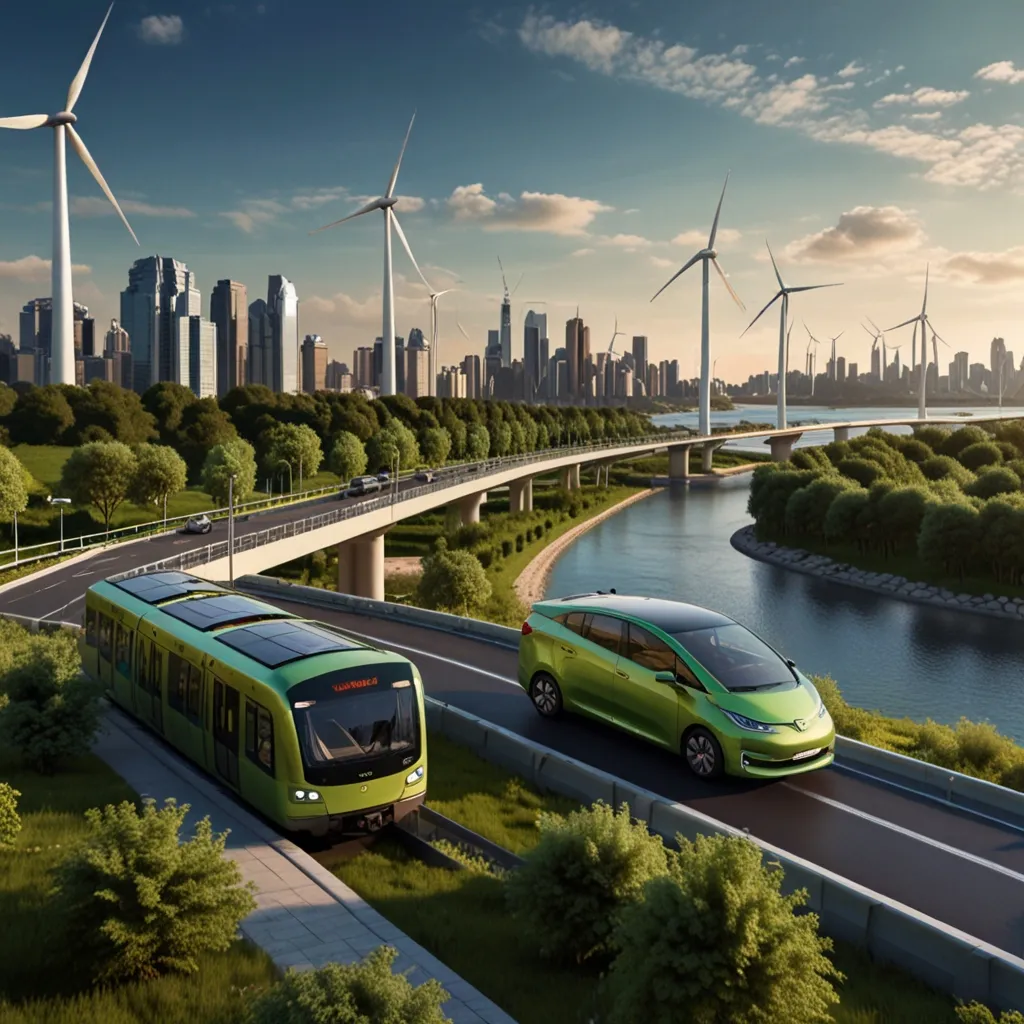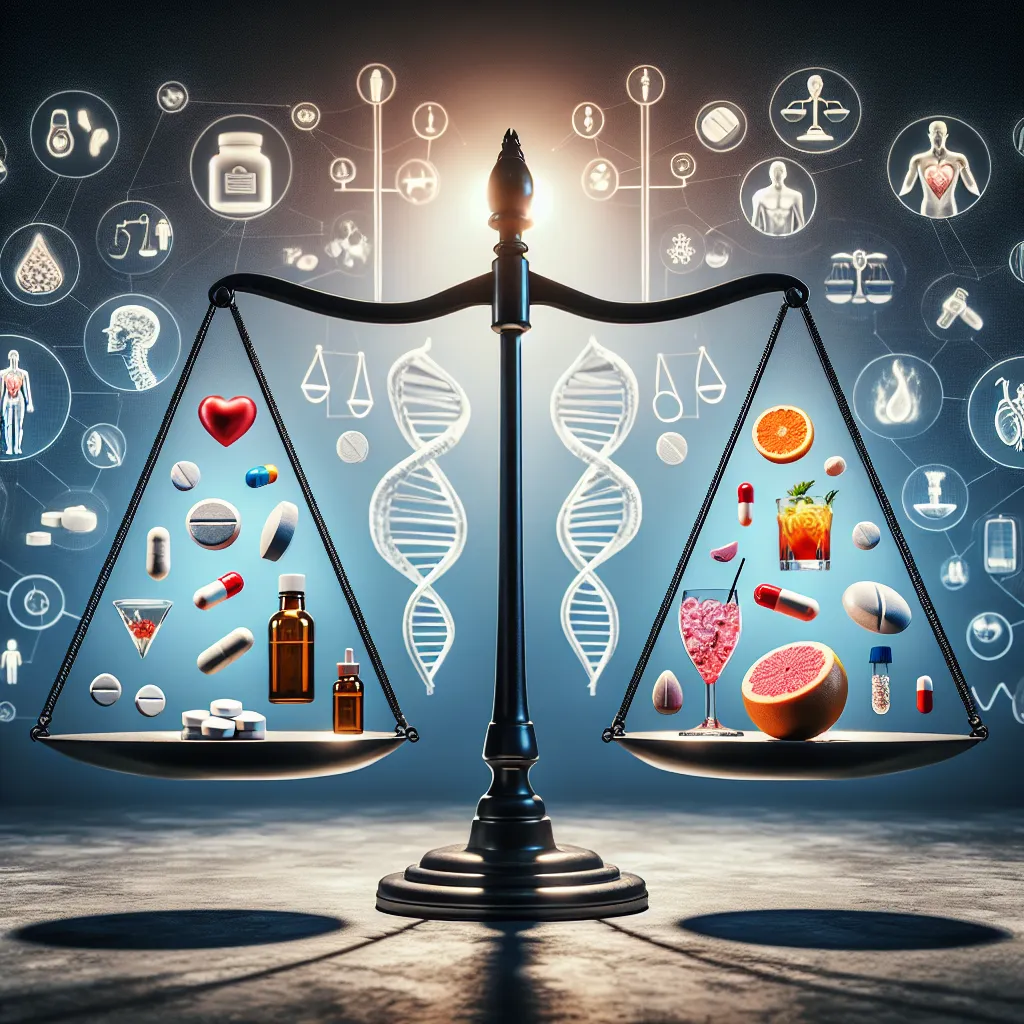Let’s talk about traveling and pollution - can we really hit that sweet spot of roaming the world without wrecking it? Net zero is the buzzword on everyone’s lips, but what’s the deal when it comes to getting around?
Transport already makes up a whopping 27% of UK emissions, and it’s only going to grow. So how do we keep zipping about on planes, trains, and automobiles while still reaching that coveted net zero goal?
Let’s hit the road first. Electric vehicles are going to be huge in the net zero game, but we can’t just flip a switch in 2050 and expect everything to change overnight. Even if everyone bought an electric car tomorrow, it’d take 15 years for every car on the road to be electric. And that’s assuming we can make them affordable for everyone - no small feat!
But let’s dream for a sec. Imagine we’re all cruising in our electric rides, wind in our hair, feeling pretty eco-friendly. Then bam - your battery’s dying. Where’s the nearest charge point? This is one of the big headaches with electric vehicles. We might need to increase our charging stations tenfold, from 21,000 to a whopping 210,000. That’s one massive infrastructure project!
Now, let’s talk about the big boys of the road - lorries. A staggering 98% of UK goods and food travel by road freight. But relying on charge points and batteries for these massive trucks just isn’t practical. So, what’s the alternative? Picture this: overhead lines on motorways, like train lines, that trucks could hook into for long hauls. They’d disconnect for local journeys, running on fuel tanks or smaller batteries. It’s a wild idea, right? Like seeing a tram cruising next to you on the motorway! To make this a reality for 65% of trucks, we’d need to lay cables along about 5,000 miles of roads. It’s a huge challenge, but hey, so is climate change!
For now, though, batteries are still the main solution for passenger vehicles. But even here, we’ve got a whole bunch of problems to solve. Let’s dive into the world of lithium-ion batteries.
The supply chain for these batteries is seriously complex. We need lithium, which mostly comes from places like Chile and Argentina. In the US, 79% of all lithium is near Native American reservations. Then there’s cobalt, with most of the world’s supply coming from Congo, where ethical mining is a big concern.
Here’s the kicker - demand for batteries is outstripping how fast we can dig up these materials. Worst case scenario? We could run out of lithium before we even reach net zero. Yikes!
And get this - even though recycling batteries makes total sense, very few lithium-ion batteries actually get recycled. Plus, taking apart a battery pack can be pretty dangerous, with voltages in the hundreds. We don’t have all the answers to the lithium problem yet, but with so much riding on going electric for net zero, it’s one of the biggest challenges we need to tackle.
But let’s zoom out for a sec. Transport isn’t just about roads and moving humans. It’s about moving our stuff too. A massive 90% of everything - from cars to fridges to clothes - travels by sea. If the shipping industry were a country, it’d be the sixth largest emitter in the world, pumping out about 940 million tons of CO2 every year. So how can we cut emissions from shipping?
Here are five possible solutions:
- Slow steaming - just slowing ships down can save fuel and slash emissions.
- Change ship shapes - ever heard of a bulbous bow? It’s great for reducing drag.
- Use wind power - yes, really! Some concepts make freighters look more like sailing boats.
- Try alternate fuels like hydrogen or biofuels (though these have their own issues).
- Decrease the number of ships - maybe we could all buy a bit less stuff we don’t really need?
Now, let’s talk about planes. The most common way the aviation industry tries to offset their carbon footprint is through carbon offsetting. But here’s the problem - we physically don’t have enough land to plant all the trees we’d need to make this work.
The thing with planes is they need to be as light as possible to fly. Right now, batteries are just too heavy. Kerosene, the current airline fuel, is super energy-dense, and batteries can’t compete. So where does that leave us?
The big problem with aviation is that the technical solutions just aren’t there yet. This means we have to look at the demand side of things. How much of this comes down to personal responsibility?
There’s a real tension when it comes to net zero between what we as individuals should do and what needs to happen on a larger scale. Every choice we make in terms of what we buy sends a signal to policymakers and companies. That’s really important.
Here’s a mind-blowing stat: only about 15% of people in the UK are responsible for 75% of flights. This is why some are calling for big policy changes like a frequent flyer tax.
So, where are we now? It’s clear we need some major changes to how we travel. The good news is we’ve already taken a lot of these steps. But we’ve still got a pretty long road ahead of us.
We’re at a crossroads where technology, policy, and personal choices all intersect. The journey to net zero isn’t going to be a smooth ride, but it’s one we’ve got to take. It’s about finding that balance between our love for travel and our responsibility to the planet.
As we move forward, we’ll need to rethink not just how we travel, but why and how often. Maybe it means taking fewer, but more meaningful trips. Or exploring closer to home and discovering hidden gems in our own backyards.
The future of transport isn’t just about switching to electric vehicles or finding new fuels. It’s about reimagining our whole relationship with travel and transportation. It’s about building cities that are more walkable and bikeable, investing in public transport that’s efficient and appealing, and creating supply chains that are more local and sustainable.
And let’s not forget the power of innovation. Who knows what breakthroughs in battery technology, alternative fuels, or even entirely new modes of transport might be just around the corner?
As individuals, we can start making changes now. Maybe it’s carpooling more often, choosing train over plane for shorter trips, or simply being more mindful about our travel habits. Every little bit helps, and our choices can influence bigger changes.
But we also need to keep pushing for systemic change. That means supporting policies that promote cleaner transport, investing in companies that are leading the way in sustainable travel, and demanding more from our leaders and industries.
The road to net zero isn’t going to be easy, but it’s a journey we’re all on together. And who knows? We might just create a world where traveling is not only cleaner, but more enjoyable and meaningful too. So buckle up, folks - it’s going to be one heck of a ride!






